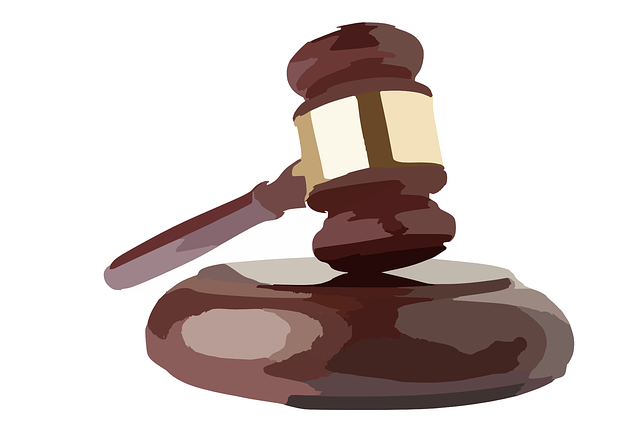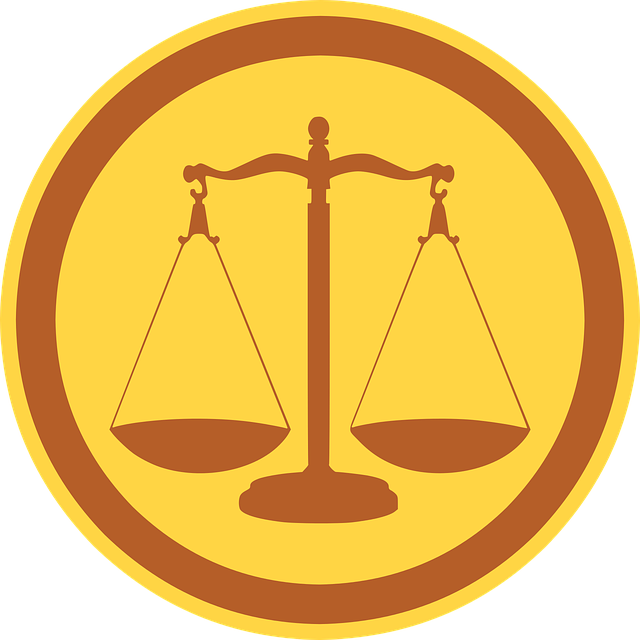Probate administration is a critical process that manages and distributes deceased individuals' estates, ensuring legal compliance and fairness. This involves identifying assets, settling debts, and allocating beneficiaries their rightful shares according to the will or state law. Key players include executors who oversee affairs, probate attorneys providing legal expertise, and court oversight for validation. The complex regulatory framework ensures transparency and equitably manages estate distribution. Efficient administration relies on digitization, clear protocols, and real-time collaboration. Common challenges involve asset identification and managing multiple interested parties, which can be addressed through robust record-keeping and third-party involvement. Future advancements in technology like automation, AI, and blockchain aim to revolutionize probate administration, enhancing efficiency, security, and accessibility.
Probate enforcement procedures are a complex yet crucial aspect of estate distribution, ensuring that the wishes of the deceased are followed legally. This article offers valuable legal insights into the intricacies of probate administration, serving as a comprehensive guide for understanding key roles, rules, and strategies.
From navigating the legal framework to exploring technology’s impact, we delve into efficient probate practices, common challenges, and future trends, providing essential knowledge for professionals engaged in this vital process.
- Understanding Probate Administration: A Gateway to Estate Distribution
- Key Roles and Responsibilities in the Probate Process
- The Legal Framework: Rules and Regulations Governing Probate Enforcement
- Strategies for Efficient Probate Administration: Streamlining the Process
- Common Challenges in Probate Enforcement and Their Solutions
- Future Trends: Technology's Impact on Probate Administration Procedures
Understanding Probate Administration: A Gateway to Estate Distribution

Probate administration is a critical process that serves as the gateway to distributing an individual’s estate upon their passing. It involves a series of legal procedures designed to ensure that debts are settled, assets are identified and valued, and beneficiaries receive their rightful share as outlined in the deceased’s will or, if there is none, according to state law. This intricate process requires meticulous attention to detail, as it not only manages the financial affairs but also safeguards the interests of all involved parties.
Efficient probate administration is essential for maintaining order and fairness. It facilitates the transition from a decedent’s lifetime financial management to the distribution of their estate, ensuring that legacy is respected while adhering to legal requirements. By navigating this complex landscape, professionals in the field contribute significantly to the overall integrity of estate planning and execution.
Key Roles and Responsibilities in the Probate Process

In the intricate dance of probate enforcement procedures, several key roles and responsibilities intertwine to ensure the smooth administration of estates. The process begins with the appointment of an executor or personal representative, who is entrusted with managing the deceased’s affairs and overseeing the distribution of assets according to the will or relevant laws. This individual bears the burden of probating the will, gathering and valuing the estate’s assets, paying off debts and taxes, and distributing the remaining assets to beneficiaries.
A crucial supporting cast includes attorneys specializing in probate administration, who provide legal guidance and ensure compliance with complex regulatory frameworks. They assist in preparing and filing necessary documents, such as the petition for probate, inventory of assets, and accounting of distributions. Additionally, they protect the interests of all parties involved, including beneficiaries, creditors, and the estate itself, by navigating potential disputes and objections that may arise during the process.
The Legal Framework: Rules and Regulations Governing Probate Enforcement

The legal framework governing probate enforcement procedures is a complex web of rules and regulations designed to ensure the equitable distribution of an individual’s estate after their passing. This involves a meticulous process known as probate administration, where courts play a pivotal role in overseeing the validation of wills, appointment of executors, and management of assets. Each jurisdiction has its own set of statutes and guidelines that dictate how probate is conducted, ensuring transparency and fairness throughout the entire process.
These regulations not only outline the steps for executing a will but also establish procedures to deal with disputed wills, inadequate assets to cover debts, and other complex scenarios. They provide a structured approach to probate administration, allowing for the peaceful transition of an estate while safeguarding the rights and interests of all involved parties.
Strategies for Efficient Probate Administration: Streamlining the Process

Efficient probate administration is crucial for ensuring a smooth transition of assets and minimizing legal complexities. One of the primary strategies to streamline this process involves digitizing and organizing case documents. By implementing electronic document management systems, law firms can significantly reduce the time spent on manual file searches and paper-based processes. This digital approach enhances accessibility, allows for real-time collaboration among team members, and improves overall efficiency.
Additionally, establishing clear protocols and timelines for each stage of probate is essential. These protocols should cover tasks such as asset valuation, court filings, notice requirements, and distribution of assets. Regular case reviews and status meetings can help identify bottlenecks and ensure adherence to deadlines. Such structured procedures facilitate a more organized and predictable probate administration process, ultimately benefiting clients and legal professionals alike.
Common Challenges in Probate Enforcement and Their Solutions

Probate enforcement procedures often face several common challenges that can delay or complicate the process. One significant hurdle is probate administration, where locating and identifying all assets, particularly those held in joint names or passed through other legal vehicles, can be cumbersome. This issue can be mitigated by implementing robust record-keeping practices from the outset and utilizing advanced technology for asset identification and tracking.
Another challenge arises from the involvement of multiple parties with varying interests, including beneficiaries, executors, and creditors. Conflict resolution and ensuring cooperation among these entities are essential. To address this, clear communication channels and regular updates should be established, along with the appointment of neutral third-party administrators who can facilitate negotiations and ensure compliance with probate laws, thereby streamlining the probate administration process.
Future Trends: Technology's Impact on Probate Administration Procedures

The future of probate administration is set to be shaped significantly by technological advancements, streamlining processes and enhancing efficiency. As we move forward, digital tools are poised to play a pivotal role in revolutionizing how probate enforcement procedures are managed. Automation will likely become a game-changer, automating repetitive tasks such as document management, data entry, and case tracking, thereby reducing human error and expediting the entire process.
Artificial intelligence (AI) and machine learning algorithms can analyze vast amounts of legal data, providing valuable insights to probate attorneys. This technology enables faster decision-making, improves accuracy in identifying potential issues or disputes, and facilitates more informed strategies for estate administration. Moreover, blockchain technology promises secure and transparent record-keeping, ensuring the integrity of probate records while enabling easier access for authorized parties. These trends collectively indicate a future where technology strengthens the foundation of probate administration, making it more accessible, efficient, and robust.






